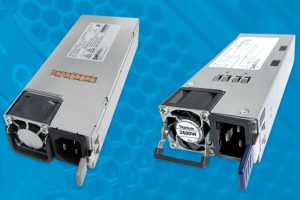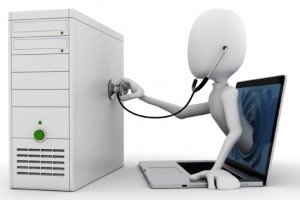Under the Philips deal, PCs would be made compatible with Nexperia-based consumer electronics products. Under the Toshiba deal, it is expected that PC software will be linked to Toshiba’s TVs and digital consumer products, giving Microsoft much greater input into the future direction of TV development.
Philips is to support Microsoft Windows Media Audio and Video and Windows Media Digital Rights Management 10 (DRM) technology in its Nexperia ICs for use in digital media receivers, personal video recorders, portable audio players, IP set-top boxes and video phones.
Both the Philips and Toshiba moves are in pursuit of the ambition shared by many in the high-tech industry to facilitate the connected home, involving the fusion of computer and consumer electronics.
Microsoft, which already has patent cross-licence with Siemens, SAP and Sun Microsystems, is positioning itself as central not only to the development of computers, mobile phones, TVs and games machines, but to the whole gamut of consumer electronics products.
 Electronics Weekly Electronics Design & Components Tech News
Electronics Weekly Electronics Design & Components Tech News



